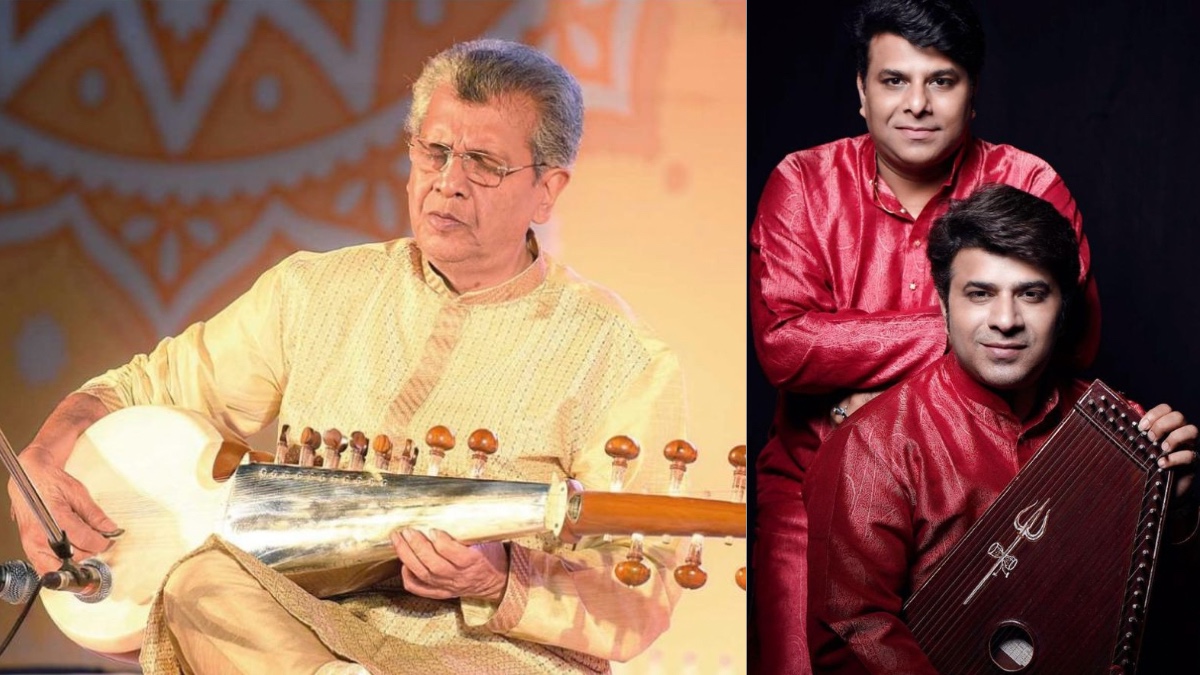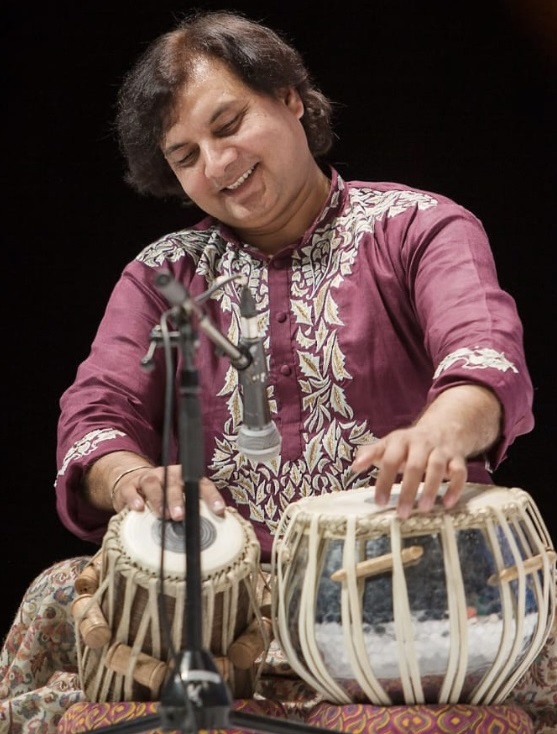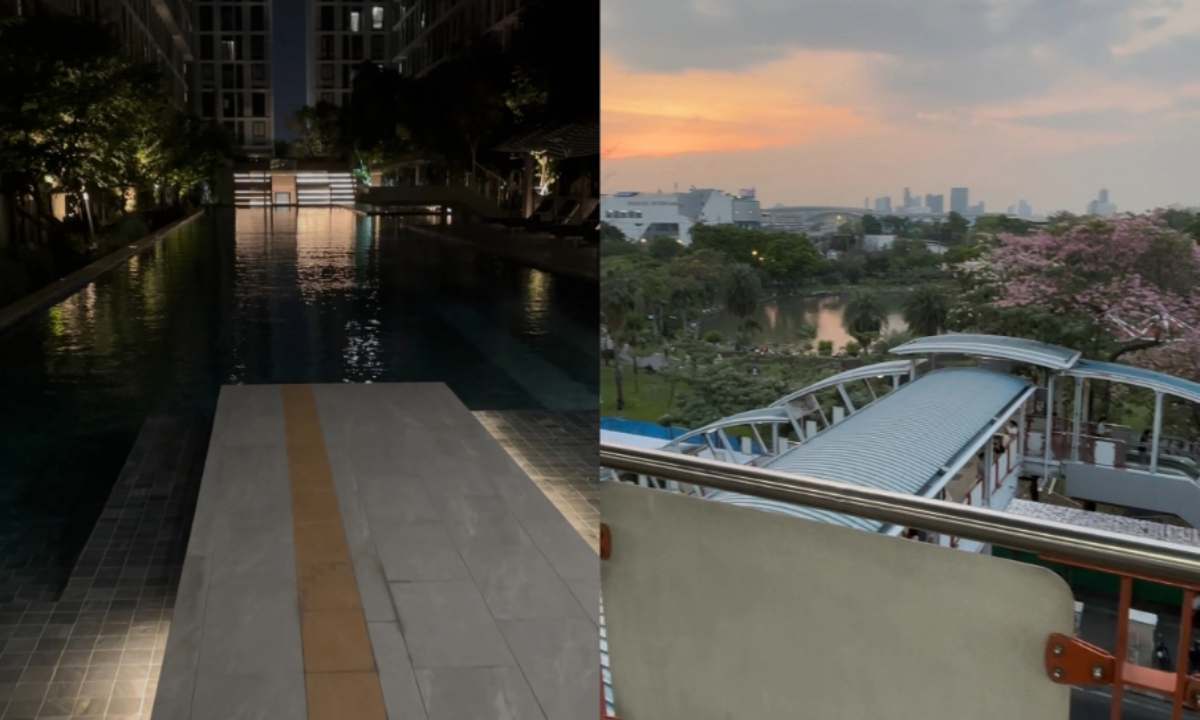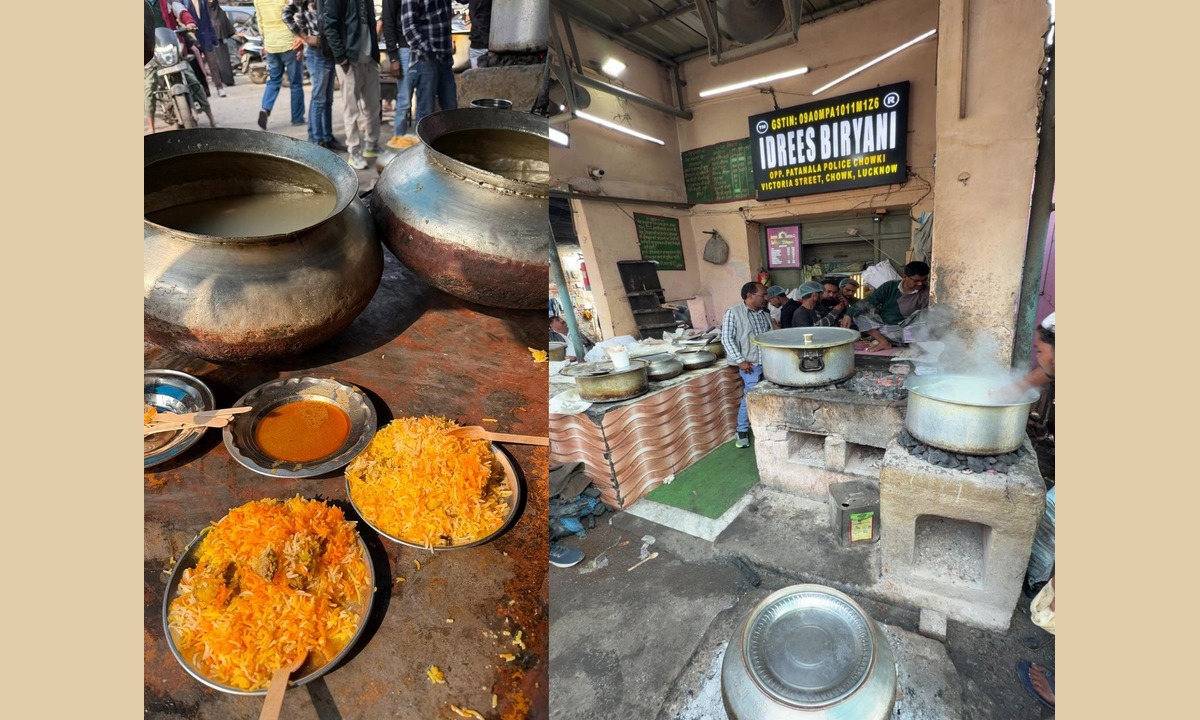
Sonic Sentinels: Maestros propose unique music school to preserve pristine Gharana music
Lucknow: Renowned as the cradle of several illustrious music Gharanas, Uttar Pradesh has birthed legends whose melodies have resonated for generations. However, in today's rapidly evolving musical landscape, patriarchs of these Gharanas are gripped by a palpable apprehension that their unique musical legacies may not be passed down to future generations in their pristine, unadulterated form. They emphasise that the styles of music have been meticulously perfected by their legendary ancestors, who toiled tirelessly, day and night. And therefore, any alteration or deviation from this cherished tradition would be nothing short of sacrilege.
In response to this growing concern, these custodians of musical heritage echo a transformative solution that could safeguard their Gharana's distinctive sounds for posterity. Akram Khan, representing Meerut’s Arzada Gharana, passionately voices their collective aspiration. "To transmit the music honed by our Gharanas over centuries to the next generation," he asserts, "we must establish a music school that breaks free from the constraints of conventional institutions. Degrees should not be the primary focus; instead, we must have Gharanedaars, the true representatives of the Gharanas, as teachers. They alone can impart the profound knowledge of instruments and performance skills in the authentic way it deserves."
He goes on to advocate for a return to the revered Gurukul Parampara, a tradition that allows students to choose their preferred Gharana and receive dedicated instruction from its representatives.

Pandit Narendra Nath Darr, a sarod stalwart of the Senia Shahjahanpur Gharana, also underscored the challenge of preserving Gharana purity within conventional institutions. "In standard music institutions," he laments, "the ever-changing lineup of teachers with distinct styles makes it impossible for students to adhere to a consistent discipline. Safeguarding the purity of a Gharana within such an institutional framework is, regrettably, an elusive goal."
Pandit Rajnish Rajan Mishra of the Banaras Gharana echoes this sentiment and highlights the looming fear that these cherished musical traditions may languish with the passing of a generation. "We require more than accolades," he insists, "we need practical measures. The Covid-19 pandemic has demonstrated the vulnerability of even the most revered artists. Therefore, a music school where Gharana music is transmitted directly by the Gharanedaars offers hope, not only for students and teachers but also for the cultural enrichment of the state."
In a similar vein, Chandrima Majumdar, a distinguished Sarod player and scholar of Shahjahanpur Gharana, raises a broader vision for preserving India's classical music heritage. "Why," she wonders, "do we not have a national institute for classical music, akin to the prestigious IITs or IIMs? The government should establish such institutions in at least ten capital cities, each catering to the unique Gharanas of its region. Moreover, instruments like the veena, israj, and surbahar should be taught by virtuosos. Ideally, these institutes should offer residential programs, enabling passionate students to join after completing their 10th grade."
The ambitious proposal to establish a Gurukul-style music school for Gharana music in the state seeks to ensure the continuity of Gharana traditions and the ‘Guru-Shishya Parampara’, securing a vibrant future for Uttar Pradesh's unparalleled musical heritage.
Popular Categories
Read More Articles
Travel and Tourism
Travel to Thailand gets costlier: International passenger service fee to jump 53% from June by Awadh 360° Desk February 22, 2026Travel and Tourism
Thailand Extends Visa-Free Stay for Indians to 60 Days, Allows 30-Day Extension by Awadh 360° Desk February 19, 2026Travel and Tourism
Lucknow or Zaike: A City Remembered Through Taste by Mohammed Syed Zaid February 11, 2026Business
What's Up With WhatsApp? by Prateek Shukla February 9, 2026



